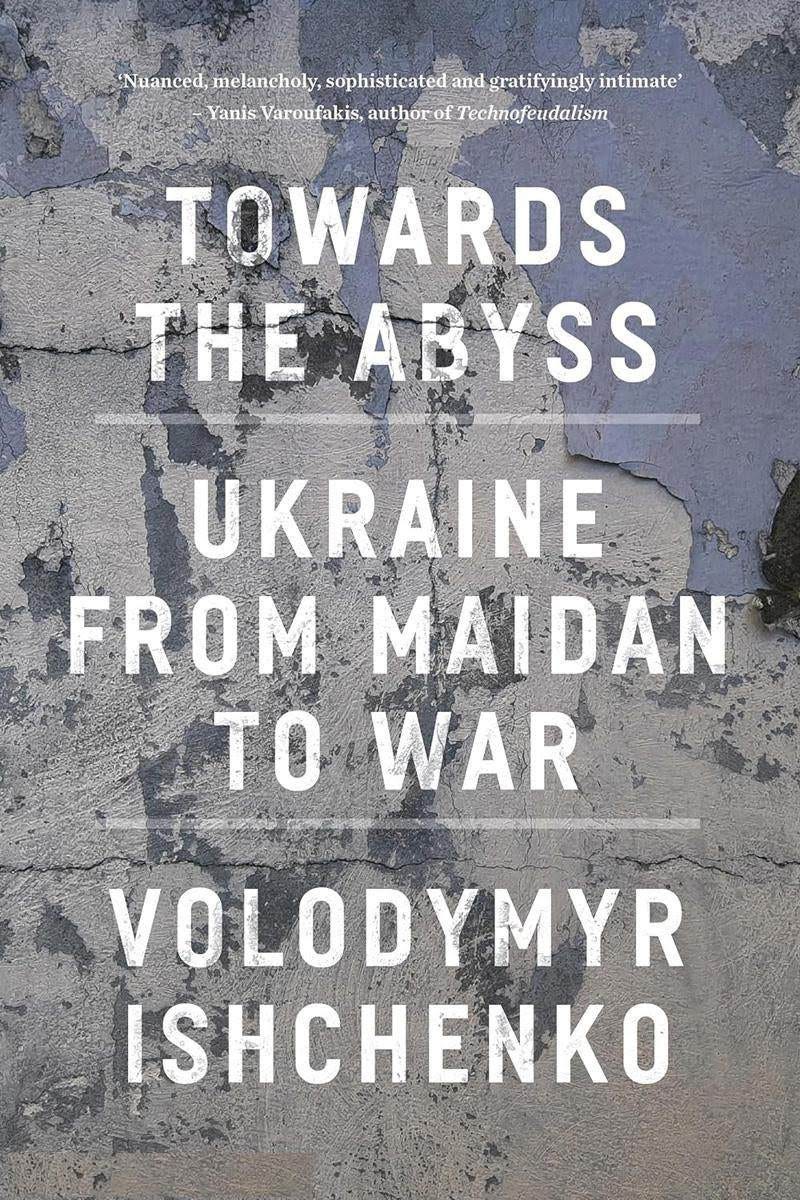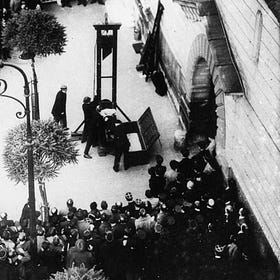Since Putin invaded Ukraine in February 2022, the country has been at war, with the rest of the world having registered this state of exception in horror, as one of the post-war foundations of order has started to slip. Wherever events come rushing in, it's not uncommon for the soberly detached, skeptical view of the social analyst to fall by the wayside. But this is precisely what drew our attention to Volodymyr Ishchenko, who, in his book Towards the Abyss: Ukraine from Maidan to War, links the events in Ukraine with the post-Soviet phenomenon of disintegration and decomposition. A point of reference he makes is Antonio Gramsci's conception of an Interregnum as that never-ending in-between spatiality in which ‘the old will not die and the new will not be born’ - an interim period in which those in power lack legitimacy, representing precisely an ideal breeding ground for Authoritarianism, Caesarism and even acts of aggression and violence of all kinds. What's so striking about his interpretation is that, gifted with this perspective, events in Ukraine are no longer seen as a special case but as a magnifying glass through which the crisis of representation that also afflicts the West is given a surprisingly new interpretation.
Volodymyr Ishchenko is a sociologist and research associate at the Institute for East European Studies at Freie Universität Berlin. He writes for The Guardian, Al Jazeera, New Left Review, and Jacobin, among others. Verso Books published his book Towards the Abyss: Ukraine from Maidan to War in 2024.
Related Content
The Guillotine
Introduction: This lecture is the 7th in our translational series of Martin’s early works, which he gave to the Guardini Foundation in April 1996. In terms of placement in our timeline to date, we began with Digitale Metaphysik (April 1988), followed by
The Monster and its Telematic Guillotine
Introduction: The translation of Martin's early work reveals lines of thought that have become leitmotifs of his thinking over time. Each one a snapshot of noticing/pondering the cultural threads of how something was being said or done, but its actuality in praxis

















